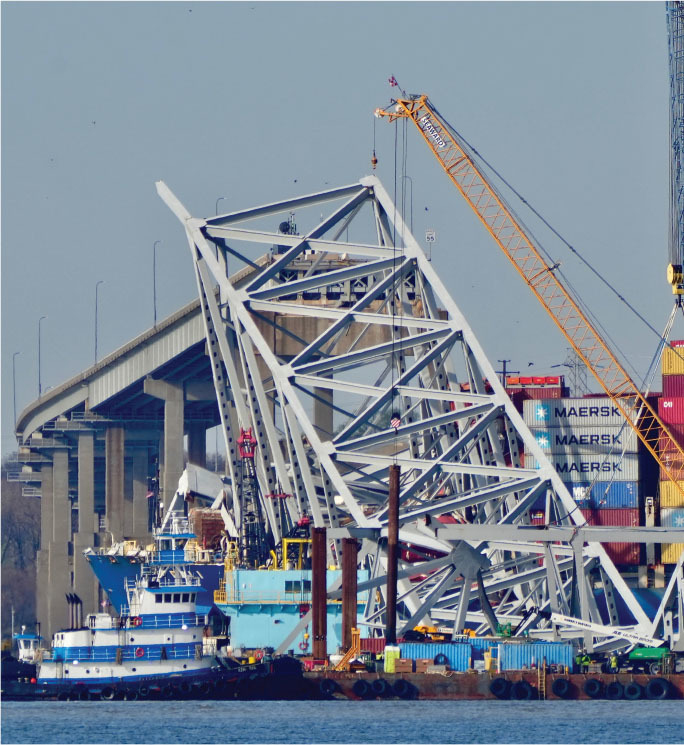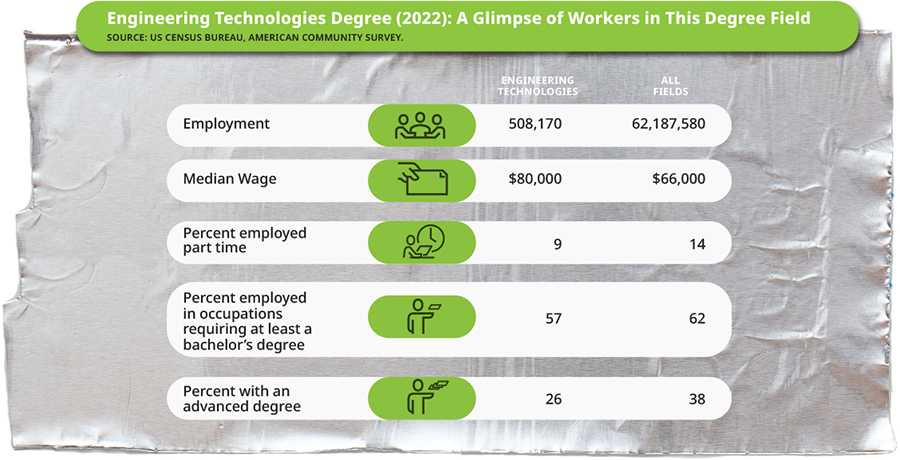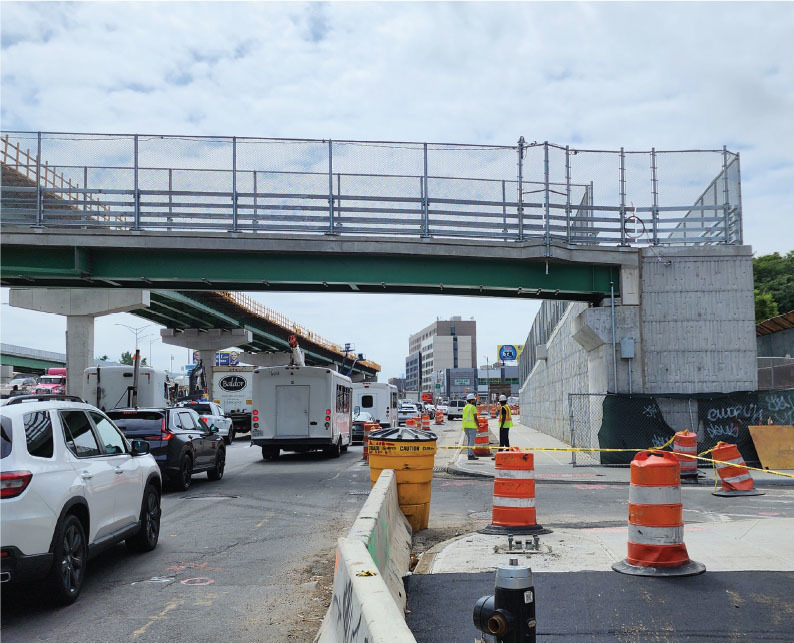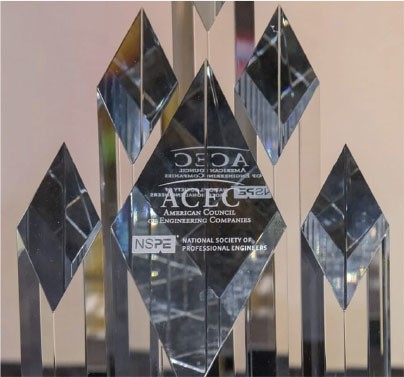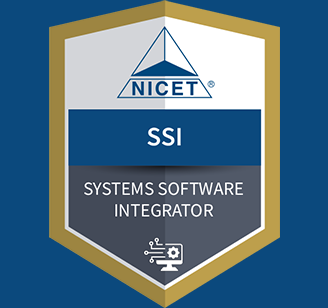November/December 2018
PE Report
The Future of Professional Engineering Expertise
The Future of Professional Engineering Task Force has issued a report to provide guidance on how NSPE, state societies, individual professional engineers, and other engineering societies can raise awareness regarding the health, safety, and welfare benefits resulting from engineering licensure.
Over the past two years, the task force has been examining the role of the licensed engineer to identify areas in which the practice of professional engineering is facing change and determine how the profession can continue on a path that is successful and sustainable.
The Future of Professional Engineering report offers recommendations to help mobilize NSPE members, state society partners, and other stakeholders to address the following: threats to licensure, licensure mobility, emerging technology, public policy, engineering education, the role of certified engineering technicians and technologists, public sector engagement, alternative delivery, and value of the PE.
The following is a summary of the task force’s recommendations.
Emerging Technology
NSPE should consider developing or identifying continuing education focused on new areas of engineering practice to assist in the understanding of how the public health, safety, and welfare may be impacted by changes. There should also be a focus on new technology tools and the integration of emerging technologies into traditional engineering tools.
Industrial Exemption
Encourage particular industries to promote professional engineering licensure in states where that industry would otherwise be exempt from licensure requirements. NSPE should assist with equipping state society partners to articulate what is and is not encompassed by their state’s industrial exemption when speaking with local and state regulators, including drawing important parallels to the legal and medical professions and concerns related to the public health, safety, and welfare in instances of unregulated practice.
Public Policy and Professional Engineering
This section of the report addresses five areas:
- Legislative attacks on occupational licensing—Ramp up communication efforts on the core principals of professional engineering licensure and provide educational materials that focus on how PE licensure is like that of the legal or medical professions, which are often more understood by legislators and regulatory authorities.
- Licensure versus certification—Advocate for the elimination of private certifications that seek to supplant licensure while supporting certifications that are approved by state licensing boards and are obtained post-PE.
- Fragmentation of licensure—Advocate against restrictive discipline-specific title and practice acts and maintain support for state laws that license engineers and encompass use of the term “professional engineer.”
- Procurement of professional engineering services—Continue to advocate on behalf of qualifications-based selection and its important role in protecting the public health, safety, and welfare.
- Role of the PE in shaping public policy—Look for opportunities to form alliances with other engineering organizations to increase the engagement and active participation in shaping public policy. Identify and prepare qualified professional engineers for public service and ultimately work to secure their appointment or election.
Engineering Education
Advocate for the adoption of alternate pathways other than formal academic education, which could be developed to fulfill additional education requirements beyond a baccalaureate degree prior to professional engineering licensure. This would be consistent with recommendations in the current NSPE Policy 168 and NCEES Position Statement 35.
Licensure Model and Mobility
Support multistate compacts that provide broad reciprocity between states if an individual is determined eligible for licensure in one of the signatory states. Licensure in one state provides for licensure in all without separate verifications for each application for licensure. Actively advocate with state societies and partners in other technical and professional engineering associations for states to align their professional engineering licensure laws with the NCEES model law and model rules, including those of continuing education, to ensure mobility and the individual competency of PEs.
Public-Sector Engagement
Develop focused partnerships with the goal of increasing and maintaining public sector engagement in the (1) long-term sustainability of professional engineering, including through NSPE membership; (2) support of NSPE advocacy efforts on behalf of the PE license and continued protection of the public health, safety, and welfare in projects funded by public tax dollars or constructed for the benefit of the public; or (3) NSPE-sponsored education on key issues facing public-sector engineers (licensed and nonlicensed) that are important to the continued protection of the public health, safety, and welfare.
Value of the PE
Develop a task force whose sole charge is to define and communicate the value of PEs. This task force would engage Society members, leaders, and staff to collectively define and effectively communicate about the value of professional engineering to the profession, public officials, and the public.


 Volunteering at NSPE is a great opportunity to grow your professional network and connect with other leaders in the field.
Volunteering at NSPE is a great opportunity to grow your professional network and connect with other leaders in the field. The National Society of Professional Engineers (NSPE) encourages you to explore the resources to cast your vote on election day:
The National Society of Professional Engineers (NSPE) encourages you to explore the resources to cast your vote on election day: